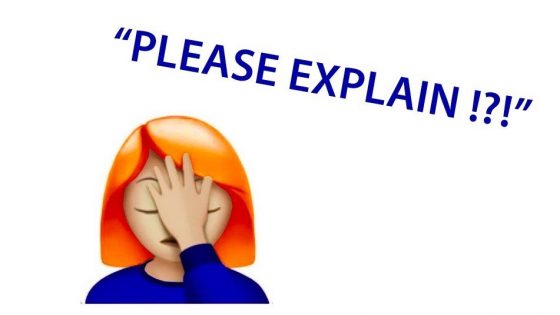Protecting your brand through trade mark registration and timely opposition to the registration of trade marks that are substantially identical or deceptively similar to yours enables you to pre-empt situations such as this before they become a problem. The lesson to be learned from this McDonald’s v Hungry Jacks IP stoush is that proactive brand protection is commercially invaluable.
Hungry Jack’s is being taken to court by fast food counterpart, McDonald’s, after launching two burgers and a marketing campaign that McDonald’s alleges infringes on its existing Big Mac trade mark.
In June of this year Hungry Jack’s unveiled its new burger offerings – the ‘Big Jack’ and ‘Mega Jack’. Prior to launching the burgers, Hungry Jack’s made the sensible decision to file a trade mark application for ‘Big Jack’. That application was successful and the company is awaiting examination of its application for ‘Mega Jack’.
McDonald’s has taken beef with the ‘Big Jack’ trade mark which it alleges infringes on the multiple trade marks it holds for its well-established ‘Big Mac’ burger. On 28 August, it commenced legal action in the Federal Court, claiming that ‘Big Jack’ trade mark is substantially identical with or deceptively similar to that of its popular and well-recognised ‘Big Mac’ and as such, it is likely to deceive or cause confusion among burger consumers. In addition to this, McDonald’s has accused Hungry Jack’s of filing its application in bad faith.
Hungry Jack’s has rejected McDonald’s allegations on the grounds that there are differences in size, taste, presentation and packaging. In fact, the fast food giant has released a cheeky television advertisement with this voiceover: “Someone’s suing Hungry Jack’s. They reckon Aussies are confusing the Big Jack with some American burger. But the Big Jack’s clearly bigger with 25% more Aussie beef, flame-grilled with a barbecue taste. You can only get the Big Jack at Hungry Jack’s.”
So, what next?
McDonald’s has asked the Federal Court to prevent Hungry Jack’s from using the ‘Big Jack’ mark. It is calling for the trade mark to be revoked, destruction of all marketing materials for the offending burgers and monetary compensation.
Based on Hungry Jack’s response to date, it seems likely that they may rely heavily on the differences between the products for their defence.
The fact that the ‘Big Mac’ burger is so well-known amongst Australian consumers may work against McDonald’s and its claim that consumers are likely to be confused and mislead by Hungry Jack’s two burgers. McDonald’s lost its trade mark for the ‘Big Mac’ in the European Union last year following a similar dispute with Supermac’s, an Irish fast-food chain.
Key lessons for your business
Whilst this matter is yet to further develop and a judgment handed down, McDonald’s could have taken action far earlier that may have enabled it to avoid the courts – and indeed the products launching – altogether. By taking steps to oppose the registration of the ‘Big Jack’ trade mark when it was first filed, it is entirely possible that it may have been successful in preventing the trade mark from coming into being, based on how well they demonstrated the similarities in the marks and the threat the Hungry Jack’s mark posed to its existing ones. Protecting your brand through trade mark registration enables you to pre-empt situations such as this before they become a much bigger problem and it is surprising that McDonald’s didn’t act during the period in which opposition can be raised.
On the flip side, if you’re looking to register a trade mark for your business, you should conduct a search to ensure that you won’t potentially be infringing on another brand’s mark/s. Should you have any questions or concerns, seek an expert in brand protection.
I can assist you with protecting your brand in the event of a trade mark dispute. As an Accredited Specialist in Commercial Litigation, I have a proven track record of helping brands to protect their intellectual property, both in and out of the courts.





